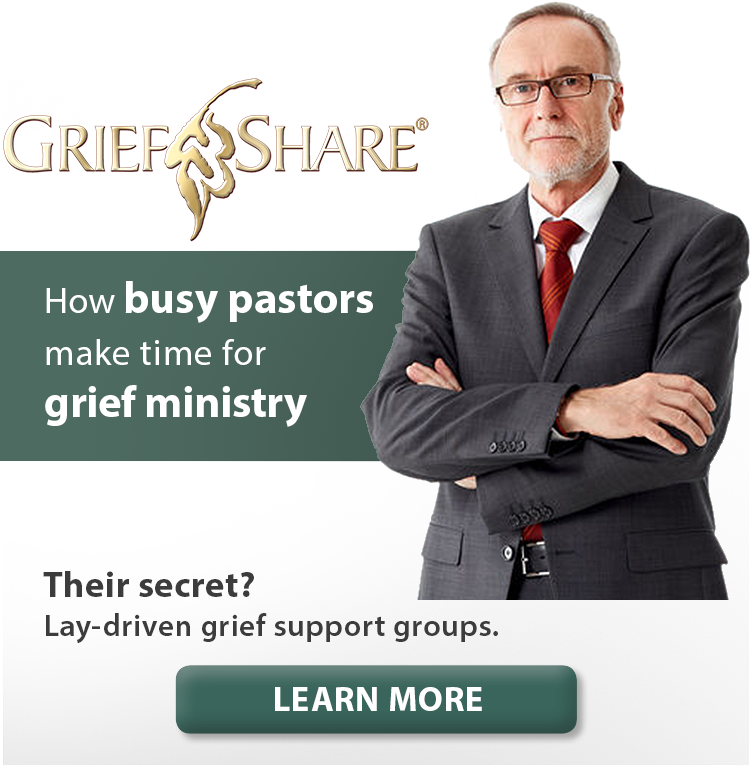
It’s been five years since Miea Walker was released from prison, where she served a nine-year sentence for a money crime. She knows firsthand the needs of prisoners inside the system and what their struggles are after their release. With her bachelor’s degree and two associate degrees completed while in prison, she now has become an advocate for prison reform. She spoke to us about how churches can care for those who have been incarcerated.
What is life like for someone recently released from prison?
The needs of people who have been released from prison can be overwhelming. Being released from prison is like being released into a totally different world. In prison, you’re in a setting where you must adopt to the social norms of a culture that have been cultivated for years. Your voice, thoughts, and opinion are irrelevant, and your identity and birth name have been replaced with a number. As you anticipate being released from prison, yes, you’re excited; you’re ready to go home, but you’re not prepared for how the community receives you, nor do you understand how the state sanctions will impact your life post-release.
Probation/parole: People released from prison are either on probation or on parole as a means of supervision, and the type of supervision (and its fees) are incorporated as a part of sentencing. In 2012, the governor made it mandatory that anyone being released from prison would be placed on parole [in the state of North Carolina].1 The North Carolina Post-Release Supervision and Parole Commission requires as a condition of parole that a parolee pay a supervision fee of forty dollars per month. Additionally, there are collateral consequences to a criminal conviction (otherwise known as “felony disenfranchisement”), such as voting rights, housing, employment, denial of professional license, welfare benefits, education, etc. Probation and parole are considered direct consequences, as they are attached to the criminal conviction (for example, fines, fees, and probation). Thus, as long as former prisoners are under supervision, they are not free.
Housing: If they’re lucky, they are able to return home to their loved ones; they’ll have a safe place to stay. However, finding housing is problematic. Most landlords will refuse the application of those who have a criminal background. Additionally, if a loved one lives in public housing, the family member with the criminal record will be banned from living there.
Feeling vulnerable: Many people returning home to their loved ones are not only carrying the burden of finding stable employment but also reconnecting with family members
whom they may not have seen during their entire incarceration. There’s an overwhelming feeling of being exposed, and the anguish of wondering, “What am I going to do next? How do I survive? And how do I avoid prison if can’t meet the imposed conditions of my parole?”
The big question is, “Can you see me apart from my crime?”
Employment: People leaving prison also face the challenge of being seen as a person, not just as a label (ex-convict). The big question is, “Do you see me? Can you see me apart from my crime? Can you see me apart from the choices that I’ve made?” For example, the likelihood of someone finding and securing employment with a criminal record is very difficult. Most employers do not want to run the risk of employing people for fear of liability (if the person commits another crime). However, employment is critical to the success of those reentering society. Thus, even though you are not that person anymore, how can you convince others of the same?
What are some do’s and don’ts of interacting with current or former prisoners?
In any ministry you must be prepared. People who are incarcerated (or were formerly) are considered a vulnerable population, so be careful not to overwhelm them. Many people who are incarcerated are dealing with shame and trauma, so be careful how you speak to them and approach them. These are people who come from very traumatic, painful backgrounds. So be gentle with them.
Here are some do’s and don’ts for engaging current or former prisoners:
- Don’t assume it’s okay to touch someone without his or her permission. Sometimes hugging someone can trigger a bad memory for that person.
- Don’t lead with, “Why are/were you in prison?” Regardless of the crime, that’s not how you introduce yourself to someone you’ve just met, and it is very painful and shameful for the person. Instinctively people are going to feel that you’re already judging them from the beginning, and it’s highly inappropriate.
- Don’t set expectations that they cannot meet. Be careful of setting the bar so high that former prisoners feel overwhelmed.
- Don’t single the prisoners out at church by making them all sit together or advertise their identities to the entire congregation.
- Don’t pretend to be an expert or offer too much advice. If you’ve never been in prison, you have no idea what prison culture is like and shouldn’t try to speak to that.
- Do see people as people. Ask how you can serve them and help them excel, not how you can fix them.
- Do give people their space and their time. Believe that God is in control.
How can churches prepare to minister to former and current inmates?
Do your homework: If you really want to serve those who are in prison, you have to do some homework. Tap into your local ministries that are already working in the prison system and ask if you can tag along. This gives you firsthand experience. You’re never going to understand that environment unless you walk in and see it for yourself.
Develop a mentorship team: Develop a mentorship team—men and women who are dedicated to walk life with an individual who has been released from prison. Mentorship was very instrumental in my transformation both while in prison and in transitioning home, so I am a firm believer in its effectiveness.
If you are interested in a tool kit on mentoring, please visit Healing Communities USA. Dr. Harold Dean Trulear (a formerly incarcerated activist) is the national director, based out of Washington, DC. His organization works exclusively in preparing/training churches and communities on mass incarceration (http://www.healingcommunitiesusa.com/). All of their information is available to download.
Develop compassion: It’s easy to assume the worst about those who’ve spent time in prison. One way to overcome this is to take some time to research the topic and learn about some of the injustices of the prison system. Here are a few resources that will help you have compassion on those who’ve been imprisoned.
- 13th – See this documentary directed by Ava DuVernay (director of the film Selma). It is on Netflix and provides an overview of the prison industrial complex and how our country became the world’s leader of incarceration. 13th is titled after the Thirteenth Amendment, which outlawed slavery unless as a punishment for a crime.
- Slavery by Another Name – This PBS show gives an overview of our racial history in this country and ties into mass incarceration. http://www.pbs.org/tpt/slavery-by-another-name/watch/
- Frontline: Prison State – http://www.pbs.org/wgbh/frontline/film/prison-state/
- The New Jim Crow – This book is by Michelle Alexander; here is a short video of her presentation at the CCDA National Conference 2013: https://www.youtube.com/watch?v=Cp7GimA-h3Q
- Just Mercy – Written by Bryan Stevenson (founder and executive director of the Equal Justice Initiative): http://eji.org/
Sign up for your FREE newsletter!
Footnotes:
- Editor’s note: We encourage you to become familiar with the parole laws in your state.


